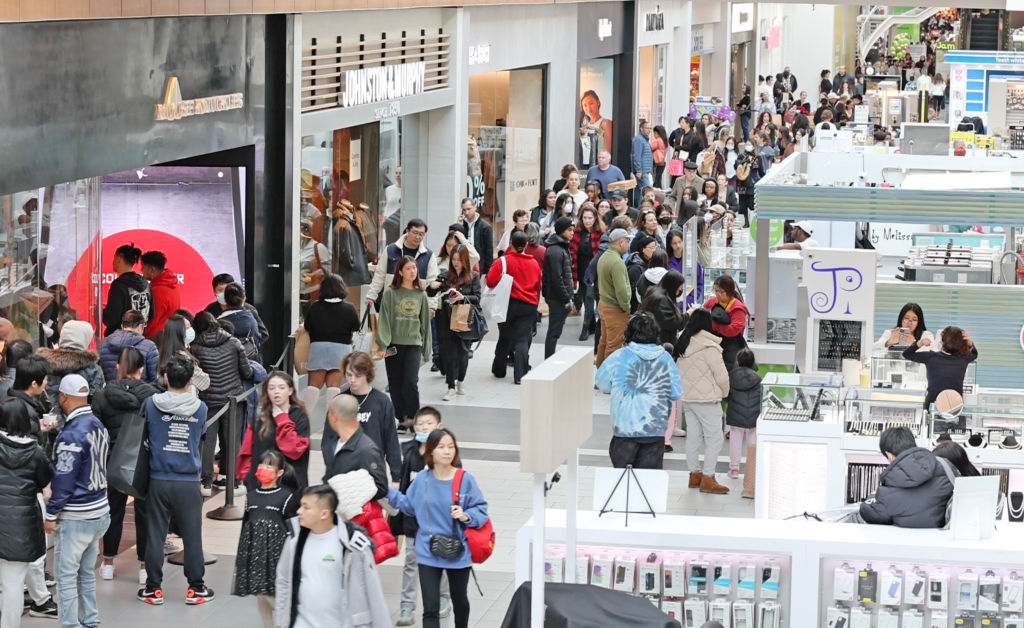U.S. consumers are being encouraged to abstain from purchasing any non-essential goods on Feb. 28 as part of a 24-hour buying blackout aimed at showcasing the economic power of everyday people. The initiative is led by The People’s Union USA, a movement advocating for “economic resistance, government accountability, and corporate reform.” The group describes itself as nonpartisan and emphasizes that the event is a symbolic start to economic resistance, sending a message to corporations and politicians that consumers control the economy.
The economic blackout comes amid growing consumer frustration over rising prices for goods and services. According to the U.S. Department of Agriculture (USDA), food prices surged by nearly 10% year-over-year in 2022, the fastest increase since 1979. Although inflation has slowed, families continue to face challenges from supply chain disruptions, inflationary pressures, and potential tariffs on imports from countries like China, Mexico, and Canada. These factors have kept inflation expectations high, with a University of Michigan survey projecting a 4.3% inflation rate.
Participants in the economic blackout are urged to avoid spending on fast food, gas, or purchases at major retailers such as Walmart, Amazon, and Best Buy. Exceptions are allowed for essential items like food, medicine, and emergency supplies. The movement also encourages consumers to support small, local businesses if they must spend. Additionally, John Schwarz, founder of The People’s Union USA, suggests participants take the day off work if they can do so safely.
While the economic blackout is unrelated to diversity, equity, and inclusion (DEI) issues, other boycotts are targeting companies like Target, which recently rolled back its DEI goals following an Executive Order by former President Donald Trump to end federal DEI initiatives.
— news from TIME
